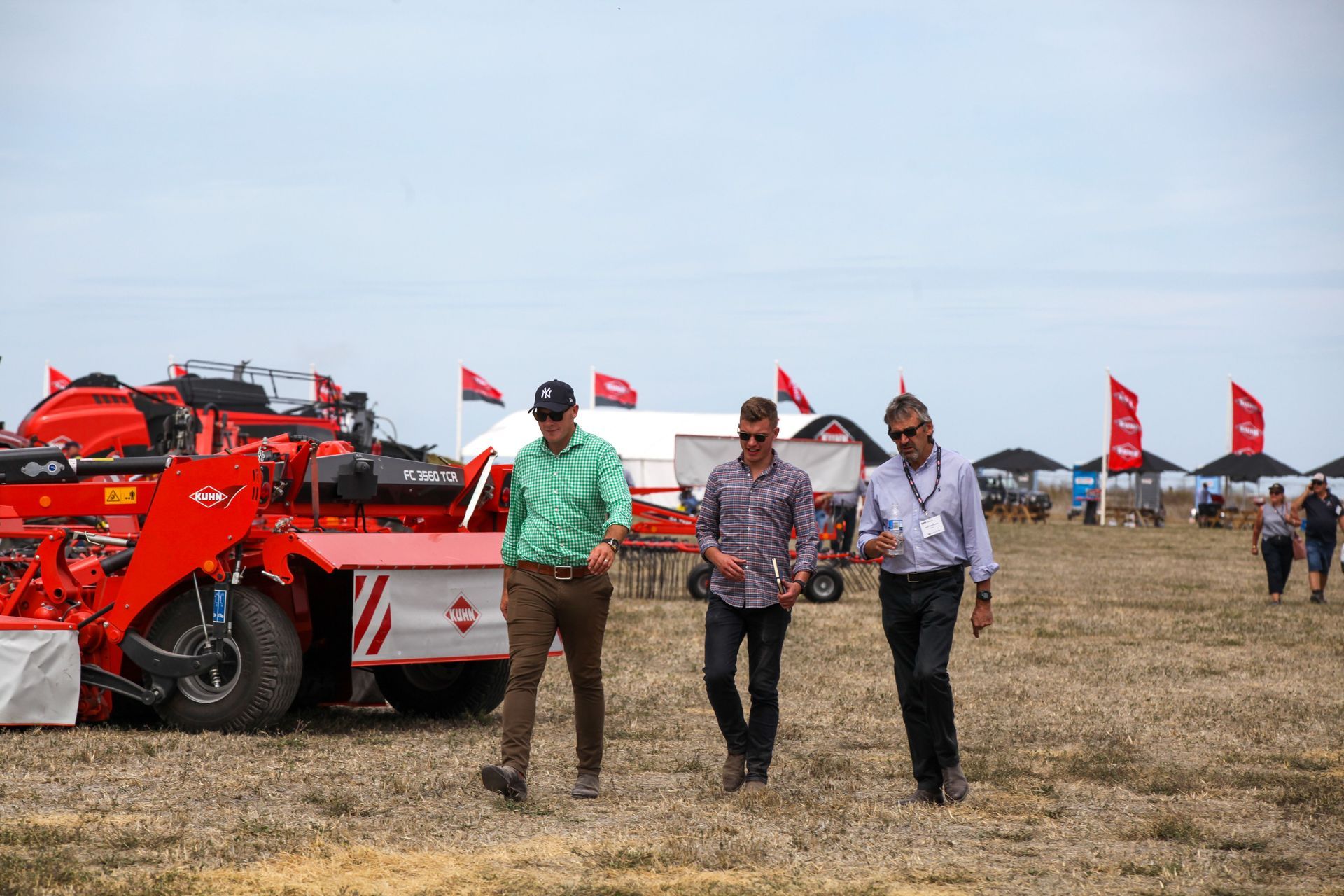1MG FlippingBooks
Experience cutting-edge agriculture at the 2023 KUHN Expo
Following its success in 2020, the KUHN Machinery Expo is back for 2023, and will provide a hub for industry innovation and technology.

KUHN Australia is set to once again play host to their dealers and customers at the 2023 KUHN Expo, and will be offering the opportunity to see first-hand more than 30 of KUHN’s cutting-edge agricultural machinery.
Planning is well underway for the expo, set to be held in Toowoomba, Queensland on Wednesday 26 and Thursday 27 of July.
“The KUHN Expo is a great opportunity to see and experience the KUHN machinery range in action on farm, whilst networking with leading industry partners,” KUHN Australia’s marketing manager Michael Murer says.
Attendees will be exposed to a variety of impressive live demonstrations, machinery displays, and workshops led by KUHN product specialists. There is also the opportunity for customers to take part in a silent auction of the demonstration machinery, with a portion of the proceeds to be donated to Are You Bogged Mate, a mental health support organisation led by Mary O’Brien.
The event will showcase the full KUHN machinery range, from the full hay and forage process to mowing and baling; stubble management and tillage; crop protection and fertilising; and livestock solutions.
The event will also highlight the newest additions to Australian shores; the VBP 7100 round baler wrapper combo series and the FC 13460 RA and FC 9330 RA mower conditioners.
The VBP 7190 round baler wrapper combo was recently crowned as the winner of category nine at the 2023 Farm Machine of the Year Awards, securing KUHN’s position as leaders in the hay and forage industry. The VBP 7190 was identified as being the most powerful and versatile machine in its category.
“We’re looking forward to welcoming everyone to the 2023 KUHN Expo and sharing KUHN’s latest innovative technology,” Mr Murer says.
Registrations for the 2023 KUHN Expo are open now. To find out more and register to attend, visit www.kuhn.com.au/expo


















